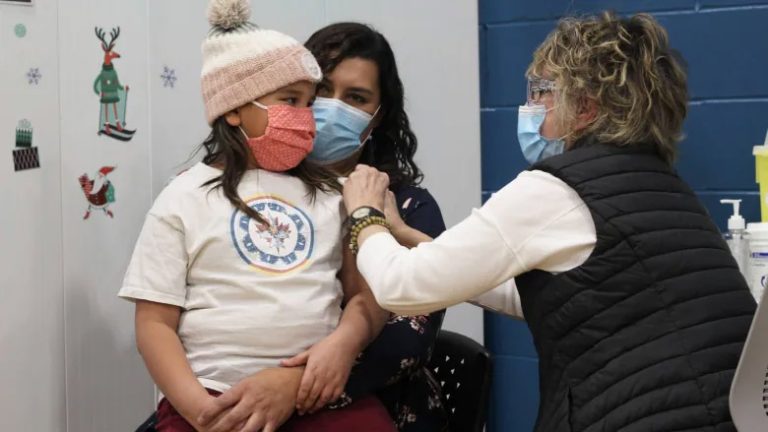Principles Global Health Research
Cultural Humility
Community engagement is vital for cultural humility to take place. The commitment from those in the healthcare fields to offer partnerships everyone in that community can benefit from is important. There are challenges within the diverse cultures and languages that have to be addressed. Otherwise, mistakes and miscommunication can get in the way of progress. Efforts have to be made to break down the barriers.
With cultural humility, individuals take a look at who they are and their background. They can put aside biases and personal beliefs that prevent them from interacting with others from all walks of life. Reflecting on personal relationships and behaviours can help them open up to new concepts from professional health care providers.
Respect for cultural differences can help each person learn and grow. It can help them feel equal to others around them regardless of economic status or other variables. They can learn about other populations without judging or excluding. Eliminating stereotypes and helping others in the community learn about health care options is a good way to give back to the community.
Equity Lens for Public Health
Everyone is equal in the eyes of public health programs and concerns. That is the only way the balance is found. It helps when you have different cultures reaching out for assistance. Creating a trusting environment and a reliable network of health care professionals for them to turn to is the key to success. It should be a basic human right to have access to quality health care.
Where someone works or lives shouldn’t determine the types of health care they can receive. Communicate to each patient they are important and they need to focus on their well-being. When working with a diverse population, take the time to answer any questions they may have. Listen to their needs and concerns and offer an individualised treatment plan.
Easy to Understand
Kick the legal jargon to the curb when you work with patients. They need easy to understand information. If they struggle to understand what you share with them, they won’t follow through with it. Make sure all individuals feel comfortable enough to ask questions too. They may need more clarification on something discussed with them.
Avoid using terms or slang that are focused on one culture or identified group of individuals. Make sure the terms you use are a match for every type of individual, no matter what cultural differences they have. The goal is to use common language and to fully explain what you can to them. You may need to toss out some medical terms here and there for diagnosis, but break it down. What do they have? What are the treatment options? What do you recommend? All of this information will help them feel good about their healthcare choices.





